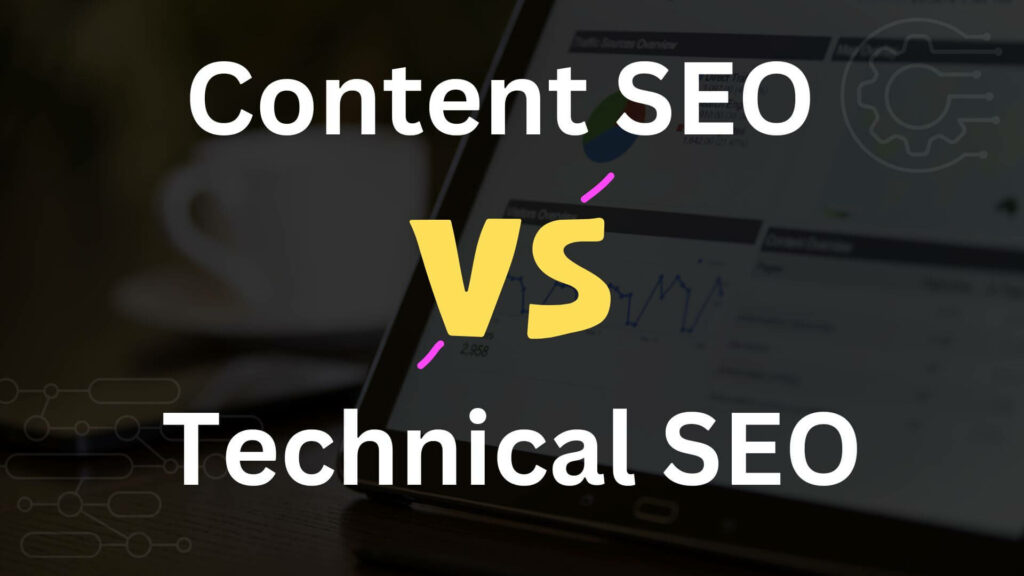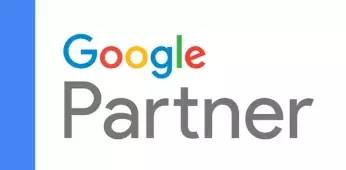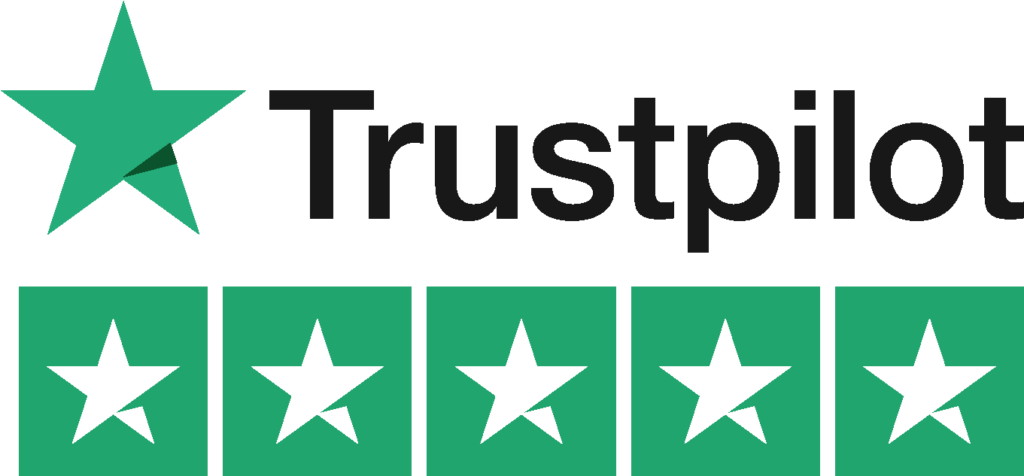
Welcome to our blog on content SEO vs technical SEO! In today’s digital landscape, it’s essential for businesses to have a strong online presence in order to attract and retain customers.
SEO, or search engine optimization, is the practice of improving the ranking of a website on search engines like Google. It’s a crucial part of any digital marketing strategy and can help increase the visibility and credibility of a business.
While both types of SEO are important for the success of a website, they serve different purposes and require different strategies. In this blog, we’ll delve deeper into the differences between content SEO and technical SEO, and discuss the importance of both for a successful online presence.
Table of Contents
What is Content SEO?
Content SEO is the process of optimizing the content on a website for search engines. The goal of content SEO is to improve the visibility of a website in search engine results pages (SERPs) by making the website’s content more relevant and high-quality.
Key components to content SEO:
Keyword research:
Identifying the keywords that people are using to search for the types of products or services that your website offers, and including those keywords in your content in a natural and relevant way.
On-page optimization:
Ensuring that your website’s content is well-structured and easy for search engines to understand. This includes things like using headings, subheadings, and bullet points, as well as using descriptive and keyword-rich titles and meta descriptions.
Quality content:
Creating content that is informative, useful, and engaging for your target audience. This can include blog posts, articles, infographics, videos, and other types of content.
Internal linking:
Linking to other pages on your website from within your content can help search engines understand the structure and hierarchy of your website.
By following best practices for content SEO, you can improve the visibility of your website in search results and attract more qualified traffic to your site.
Why Content SEO is important?
Content SEO is important for a number of reasons. Here are a few key points:
Improved search engine rankings:
By optimizing the content on your website for search engines, you can improve your website’s ranking on search engine results pages (SERPs). This, in turn, can drive more organic traffic to your website.
Increased credibility:
High-quality, relevant content can help establish your website as a trustworthy and credible source of information. This can improve the user experience and encourage visitors to stay on your site longer.
Greater engagement:
Well-written and informative content can engage and retain users, leading to increased website traffic and higher conversion rates.
Increased conversions:
A website that is optimized for content SEO can lead to higher conversion rates, as users are more likely to complete a purchase or sign up for a service if they have a positive experience on the site.
Enhanced user experience:
By providing valuable and useful content, you can improve the user experience on your website and make it more likely that visitors will return in the future.
Greater brand awareness:
By consistently publishing high-quality content, you can increase your brand’s visibility and reach. This can help attract new customers and establish your brand as a thought leader in your industry.
What is Technical SEO?
Technical SEO refers to the optimization of the technical aspects of a website that can affect its visibility in search engines. Technical SEO includes a wide range of factors that can influence how easily search engines can crawl and index a website, as well as how well the website performs for users.
Some examples of technical SEO factors include:
Website speed:
Ensuring that your website loads quickly, as slow loading times can negatively impact your search engine rankings.
Mobile responsiveness:
Make sure that your website is optimized for mobile devices, as more and more people are using smartphones to access the internet.
Website structure:
Ensuring that your website has a clear and logical structure, with URLs that are easy for both users and search engines to understand.
XML sitemaps:
Creating an XML sitemap and submitting it to search engines can help them understand the structure of your website and find all of your pages.
Canonical tags:
Using canonical tags can help to prevent duplicate content issues by telling search engines which version of a page is the original.
By focusing on technical SEO, you can help improve the visibility of your website in search results and ensure that it is easy for search engines to crawl and index your site.
Why Technical SEO is important?
Technical SEO is important because it helps ensure that a website is easily accessible and user-friendly for both search engines and users. Here are a few key points:
Enhanced user experience:
Technical SEO helps to ensure that a website is fast, easy to navigate, and mobile-friendly, which can improve the user experience and make it more likely that visitors will stay on the site longer.
Better indexing:
Technical SEO helps search engines crawl and index a website more effectively, which can improve its visibility on search engine results pages.
Faster loading times:
A website that loads quickly is more likely to retain visitors and improve the user experience. Technical SEO can help optimize the speed of a website, which can lead to increased traffic and higher conversion rates.
Better security:
Technical SEO can help secure a website against potential threats, such as hacking and malware. This can protect both the website and its users and can help establish trust and credibility with visitors.
Increased accessibility:
Technical SEO can help make a website more accessible to users with disabilities, such as those using screen readers. This can help improve the user experience for a wider audience and ensure that a website is inclusive.
Overall, technical SEO is an important aspect of any digital marketing strategy as it helps to improve the user experience, increase credibility, and drive more organic traffic to a website.
Content SEO vs Technical SEO
Content SEO refers to the optimization of the content on a website for search engines. This includes optimizing the content for keywords, ensuring that the content is of high quality and informative, and making sure that it is easy to read and understand.
Technical SEO, on the other hand, refers to the optimization of the technical aspects of a website that can affect its visibility in search engines. This includes things like website speed, mobile responsiveness, and the structure of the website’s URLs and navigation.
Both content SEO and technical SEO are important for improving a website’s visibility in search engines. Content SEO helps to attract visitors to the website through relevant and high-quality content, while technical SEO ensures that the website is easy to crawl and index by search engines.
It’s generally best to focus on both content SEO and technical SEO in order to achieve the best results.
Conclusion
In conclusion, content SEO and technical SEO are both important for the success of a website. Content SEO focuses on optimizing the quality and relevance of the content on a website, while technical SEO focuses on the technical aspects of a website, such as a site speed and mobile optimization.
Both types of SEO are necessary for a well-rounded and effective digital marketing strategy.
It’s important to remember that content and technical SEO work hand in hand and should be considered together when developing an SEO strategy.
While content SEO helps to attract and engage users, technical SEO ensures that the website is easily accessible and user-friendly.
By focusing on both types of SEO, businesses can improve their online presence and drive more traffic to their website.

















